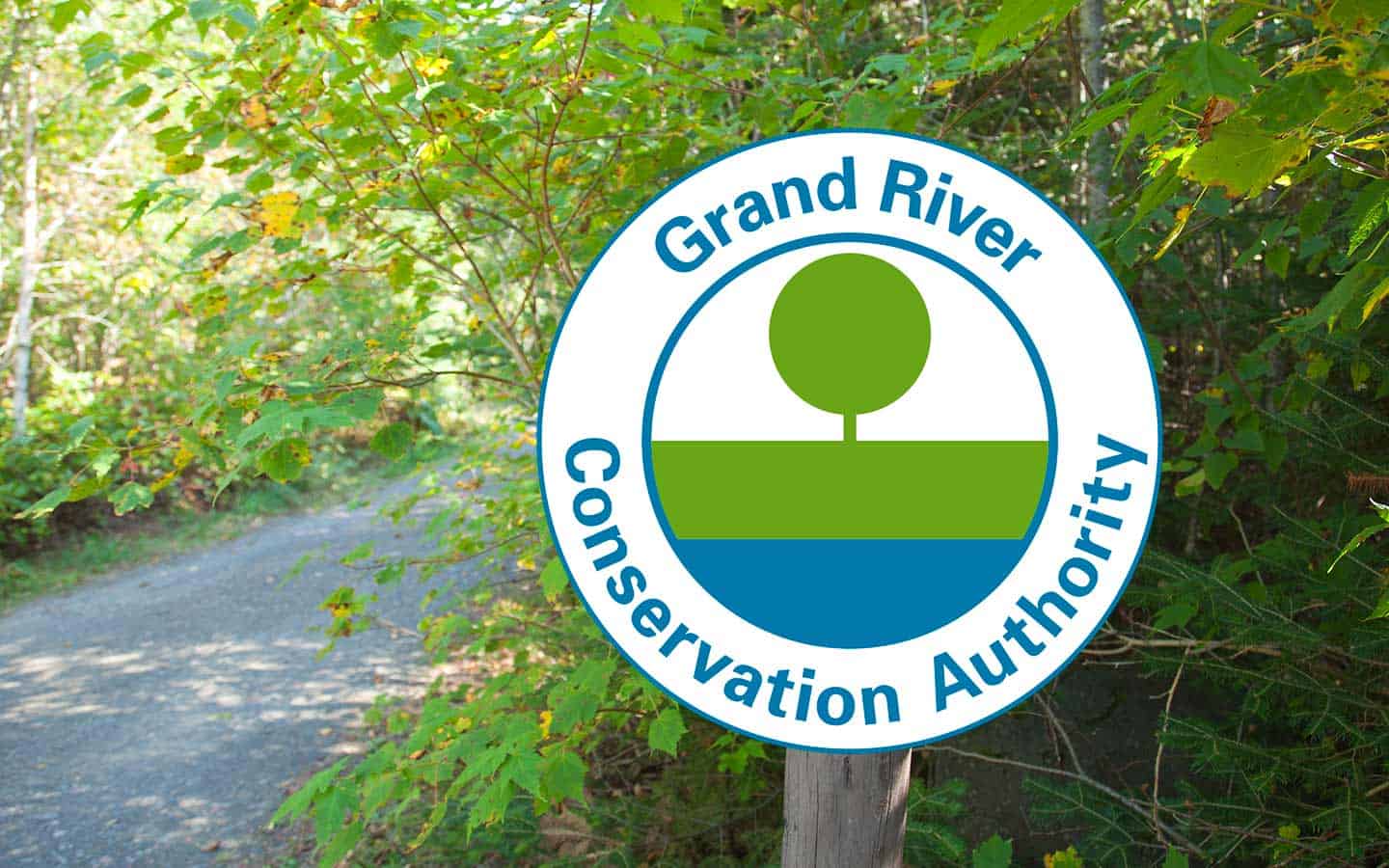Long associated with recreational activities such as swimming, fishing and boating, the Grand River Conservation Authority may be forced to hike in a different direction courtesy of new marching orders from the province.
Earlier this month, Minister of Environment, Conservation and Parks Jeff Yurek circulated a letter to Ontario’s 36 conservation authorities instructing them to “wind down” programs and services outside of their “core mandate,” as well as to freeze fees and levies for the time being.
That left organizations such as the GRCA scrambling to both determine exactly what the ministry had in mind and what the decision might mean to their operations.
“As core mandates have yet to be clearly defined by the ministry, it would be impossible to identify which activities the GRCA currently offers which fall outside this mandate,” said GRCA spokesperson Cam Linwood in an email.
Yurek suggested that recreation programs in particular might be impacted; in the letter, the “core mandate” included flood control, drinking water source protection and conservation of authority lands.
While there is no official definition given by the province, Kitchener-Conestoga MPP Mike Harris weighed in.
“Archeology, owning of golf courses, splash pads, pools, water parks, etcetera. Those types of things really aren’t in the core mandate of a conservation authority,” said Harris.
The news shook up conservation authorities across the province. Kim Gavine, general manager of Conservation Ontario, which represents the 36 organization, described being “caught completely by surprise” in a statement following the ministry’s edict.
The 36 conservation authorities collectively own 150,000 acres of land and operate more than 500 conservation areas across Ontario.
GRCA board members met to discuss the letter at a council meeting last Friday.
“The letter came totally out of the blue without any warning,” said Jim Erb, a Waterloo Region councillor, GRCA board member and former Wellesley resident.
“They’re elected, they have the right to do it … but they also have an obligation to communicate, and I think that’s the piece that’s been missing.”
Harris said that there’s nothing to worry about at this juncture, adding there have been ongoing meetings with local GRCA members, including chair Helen Jowett, chief administrative officer Samantha Lawson and former CAO Joe Farwell, to discuss the issue in greater depth.
“I think some of the frustration just trying to understand what this means going forward has been alleviated already,” said Harris. “It’s a good thing for conservation authorities to make sure that they’re doing the best that they can with the limited resources that they have.”
Provincial funds make up just around eight per cent of the GRCA budget, board members noted. The majority, approximately half of the annual budget, is self-generated through user fees and nature centre programs.
Erb suggested that it could be lower-income families that are affected most by these changes, as they don’t have the luxury of travelling to recreation or vacation spots.
“I hope our GRCA is the voice for those that are not able to use other ways for entertainment or getaway for the holidays – those simply satisfied to go to a park for a day,” said Erb. “I hope we can advocate for those people so that those services will be maintained.”
The GRCA plans to meet with ministry staff in the coming months to further discuss prospective legislative and regulatory changes, as well as to highlight the work that the organization does.









